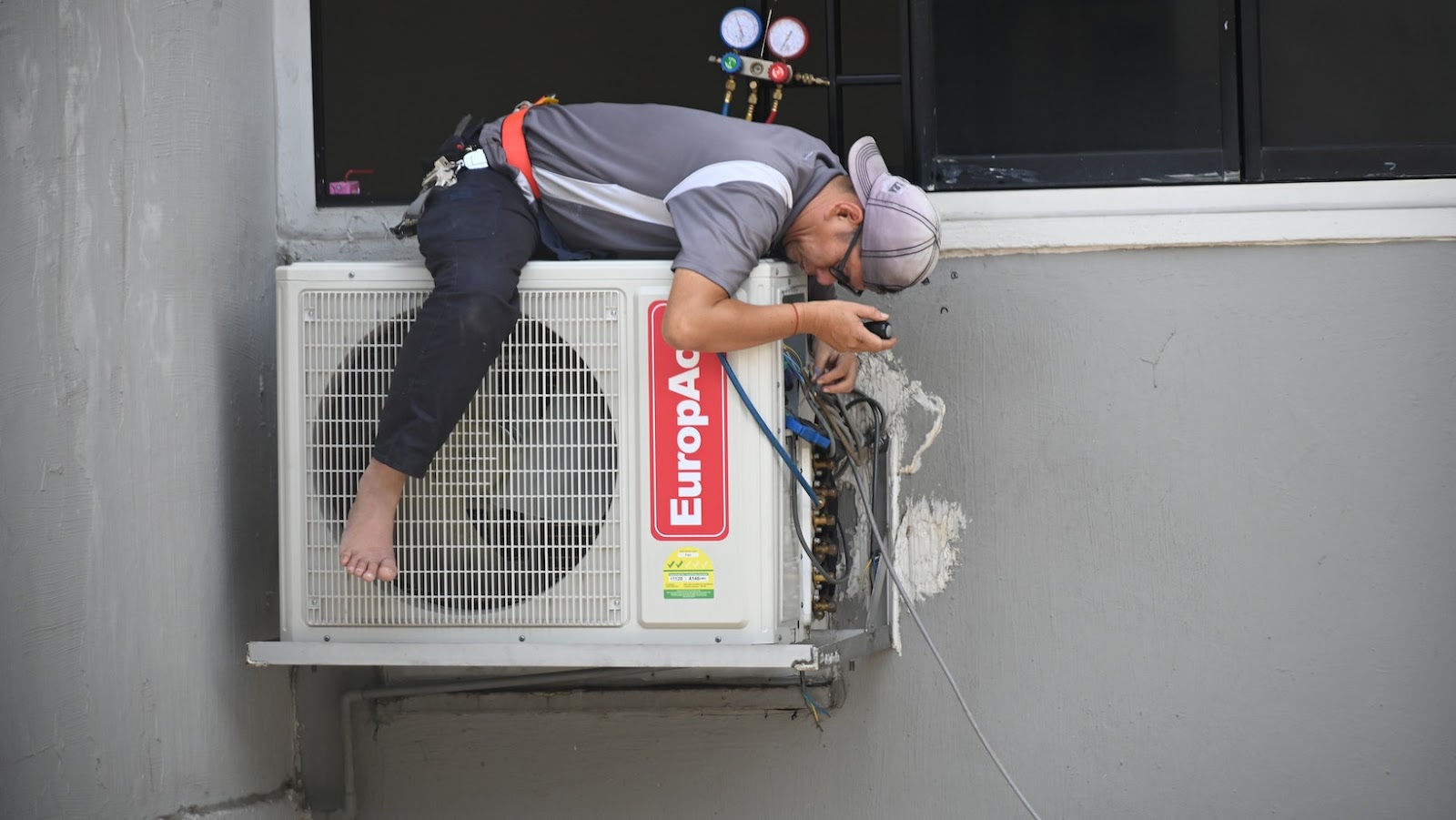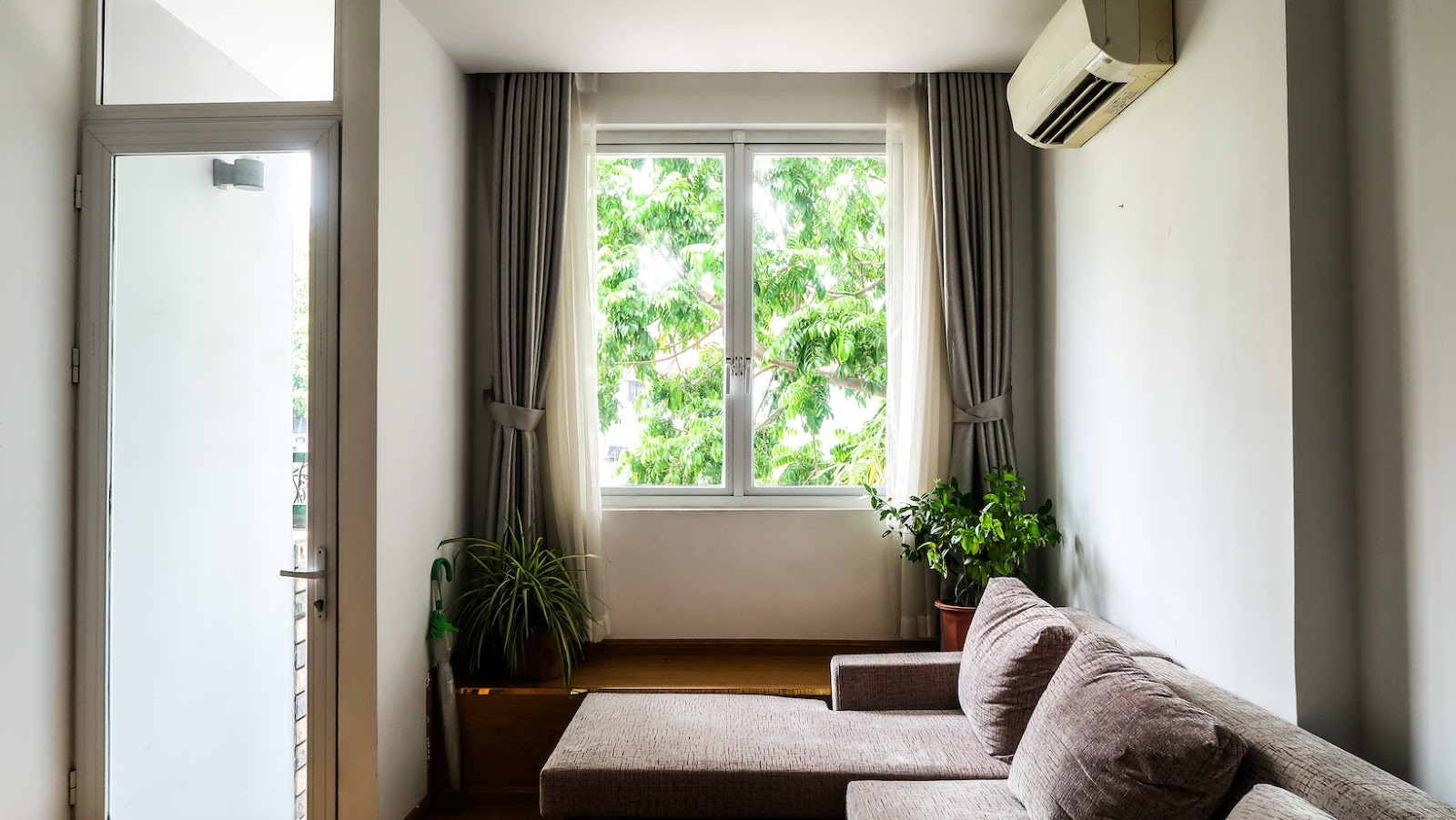
An HVAC filter is an integral part of a home’s cooling and heating system. Their role is to maintain both the temperature you like and provide good indoor air quality. They are essential when it comes to removing pollen, dust, pet dander, hair, and other small particles that can contaminate the air that you and your loved ones breathe. A clean filter will trap all airborne contaminants and keep them from floating around in your home. That is why an HVAC filter replacement is crucial to protect the lifespan of your equipment and benefit all who breathe that air.
Can You Get Away With Not Changing Your Filter Too Often?
There are some less expensive HVAC filters that are made from fiberglass. If you are in the habit of using those, you should make it a point to change them every month. However, more expensive pleated filters can last a bit longer. Depending on how long you run your equipment, you may make them last up to six months, although the general recommendation is not to overdo it and change them every 90 days.

If you or anyone in your household suffers from respiratory illnesses or has allergies, a shorter time period between filter changes is preferred to protect your health. People with lung-related conditions are more sensitive to debris and dust, which can exacerbate their respiratory problems. If this is your case, change your HVAC filters every 20 to 45 days.
What Are Other Reasons Air Filters Should Be Changed Often?
Here are some more reasons that may make you change your filters much more frequently.
Pets
If you have a single pet or a household full, you are aware of the fact that animals shed hair and other particles. These items can rapidly clog up your filter. In this case, change your filters no longer than every two months.

The Size of the Home
If you live in a small house or apartment, the air that needs to circulate in those rooms is much less than what is required for a large house. In smaller spaces, less air needs to be pumped to reach your desired temperature compared to larger dwellings in which more air will have to be pumped. As a result, smaller homes will need filter changes less often than larger ones.
Follow the Manufacturer’s Guidelines
In any case, logic is not the best guideline for knowing when filters should be changed. There is nothing like checking the filter personally to verify how dusty, clogged, and dirty it is looking. When in doubt, err on the side of safety and change the filter. Otherwise, you may refer to the owner’s manual to verify this information and, if a manual is not available, call the equipment manufacturer to get the most accurate data. You may also want to confirm the size and type of filter they recommend for the optimal performance of your HVAC system.























